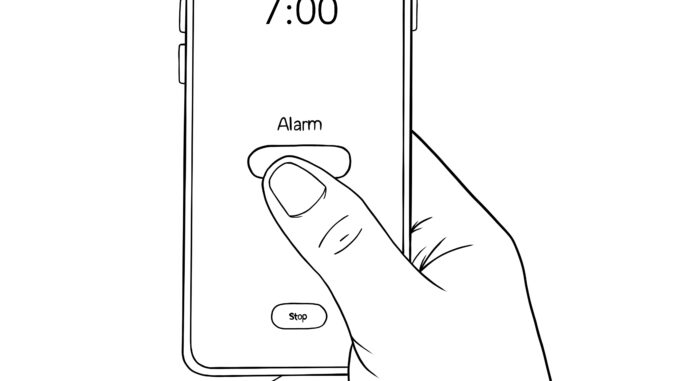
In many ways, fall is a beautiful time of year. The air starts to cool as leaves rustle in the wind. You get to spend more time with friends and family as the holiday season approaches. And many people even see it as a particularly comfortable and cozy season.
However, other people see it as the most difficult time of the year. The daylight starts to fade, and to make it worse, another hour of evening light is lost due to daylight saving.
The evenings become unusable to people who value their time outdoors, as that is generally the only free time available to them as the clocks are turned back.
Daylight saving is an outdated concept that no longer needs to be observed.
The most common justification that you will hear in defense of daylight saving time is that it helps farmers have an extra hour to work. Not only is that not true, but daylight saving is actually obstructive to many farmers.
According to Ag America Lending, “What it actually does is disrupt a farmer’s carefully-orchestrated schedule. For instance, if dairy cows are used to being milked at 5 a.m., moving the clock back an hour in the fall actually moves their milking time back an hour, and livestock cannot understand waiting another hour to be milked. Then, just as the cows get used to it, the milking schedule gets changed again in the spring. The milk truck is likely still coming at the same time per the clock, meaning dairy farmers can’t just change their milking times to keep it consistent for the animals.”
Daylight saving time does not help out farmers, but it does save energy. However, the amount of energy saved ends up being negligible. According to the Department of Energy, “electricity savings from the four added weeks of daylight saving time were small compared to the national total for the year, representing about 0.03% of the total national electricity consumption.”
Along with being a hindrance to farmers and frustrating to many people, daylight savings time creates a confusing patchwork of time zones.
Not only do many other countries not observe it, but some states in the United States don’t even bother, resulting in a broken time system in relation to other states across the country.
Many of the reasons used to justify daylight saving no longer cut it. Enough time has passed to see that it is not necessary, and that it is time to reconsider. It’s an obstacle to important economic groups like farmers, and an annoyance to citizens at best. If most of the world does not need daylight savings, neither does the U.S.

Leave a Reply